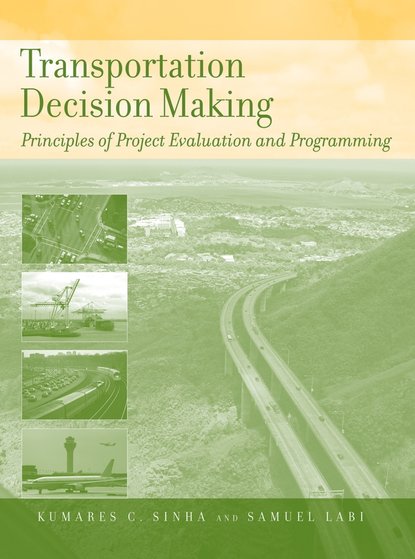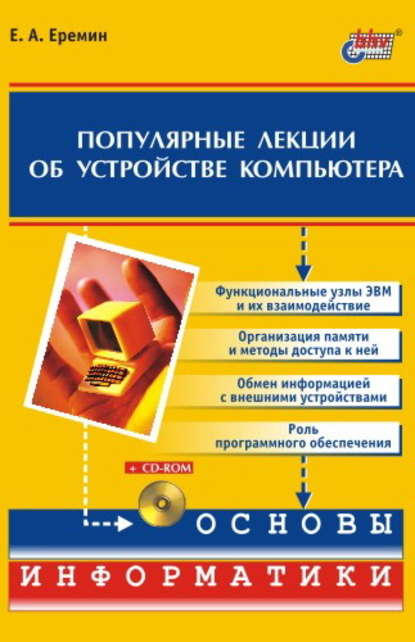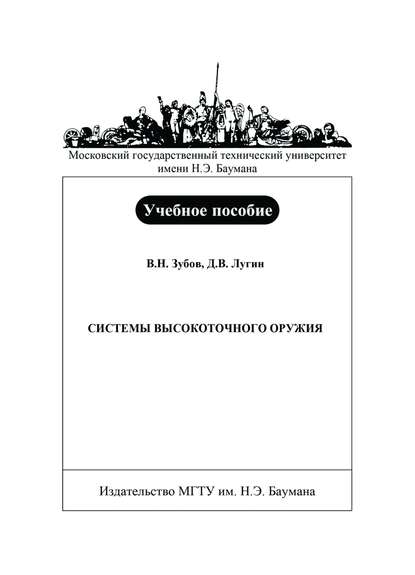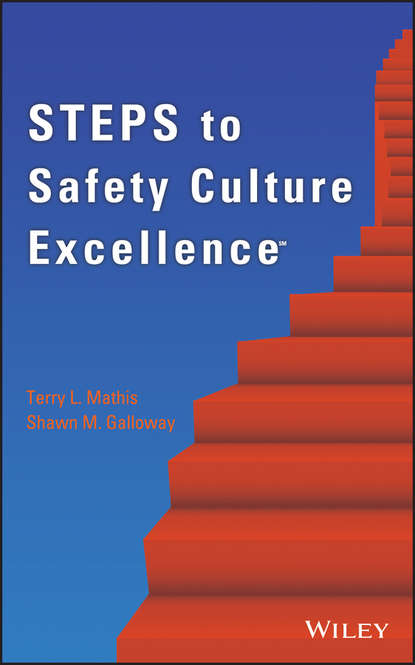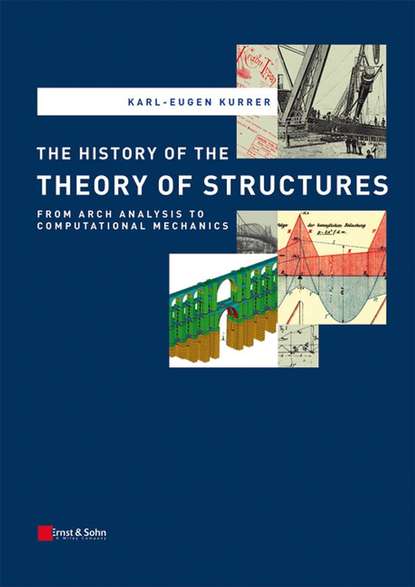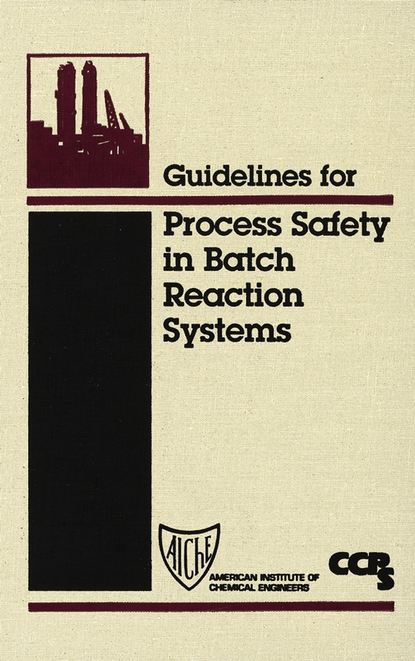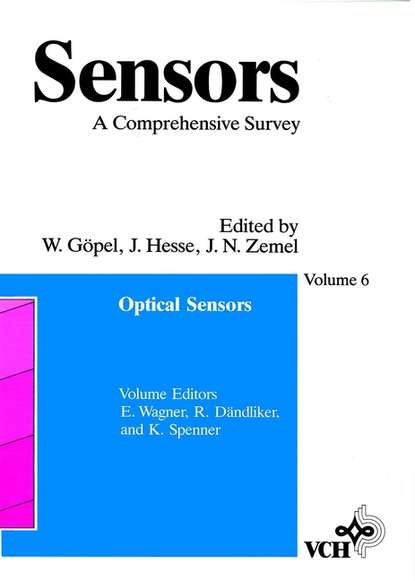Эта книга представляет собой новаторский текст, который предлагает комплексный подход к принятию решений в процессе разработки и программирования транспортных проектов. Этот текст поможет транспортным специалистам оптимизировать свой выбор инвестиций. Авторы предлагают проверенный набор методов оценки транспортных проектов, которые гарантируют, что все затраты и последствия будут учтены. Логическая организация текста начинается с прочной основы в базовых принципах, а затем постепенно строится на этой основе. В книге рассматриваются следующие темы: Разработка показателей производительности для оценки, оценка спроса на поездки и оценка стоимости транспортных проектов Проведение экономической оценки эффективности, учитывающей такие факторы, как время в пути, безопасность и эксплуатационные расходы транспортных средств Оценка влияния проекта на экономическое развитие, землепользование, а также его влияние на общество и культуру Оценка воздействия проекта на окружающую среду, включая качество воздуха, шум, экологию, водные ресурсы и эстетику Оценка альтернативных проектов на основе нескольких критериев производительности Программирование инвестиций в транспорт таким образом, чтобы ресурсы можно было оптимально распределить для достижения конкретных целей объекта и общих целей системы.
Электронная Книга «Transportation Decision Making» написана автором Samuel Labi в году.
Минимальный возраст читателя: 0
Язык: Английский
ISBN: 9781118169667
Описание книги от Samuel Labi
This pioneering text provides a holistic approach to decision making in transportation project development and programming, which can help transportation professionals to optimize their investment choices. The authors present a proven set of methodologies for evaluating transportation projects that ensures that all costs and impacts are taken into consideration. The text's logical organization gets readers started with a solid foundation in basic principles and then progressively builds on that foundation. Topics covered include: Developing performance measures for evaluation, estimating travel demand, and costing transportation projects Performing an economic efficiency evaluation that accounts for such factors as travel time, safety, and vehicle operating costs Evaluating a project's impact on economic development and land use as well as its impact on society and culture Assessing a project's environmental impact, including air quality, noise, ecology, water resources, and aesthetics Evaluating alternative projects on the basis of multiple performance criteria Programming transportation investments so that resources can be optimally allocated to meet facility-specific and system-wide goals Each chapter begins with basic definitions and concepts followed by a methodology for impact assessment. Relevant legislation is discussed and available software for performing evaluations is presented. At the end of each chapter, readers are provided resources for detailed investigation of particular topics. These include Internet sites and publications of international and domestic agencies and research institutions. The authors also provide a companion Web site that offers updates, data for analysis, and case histories of project evaluation and decision making. Given that billions of dollars are spent each year on transportation systems in the United States alone, and that there is a need for thorough and rational evaluation and decision making for cost-effective system preservation and improvement, this text should be on the desks of all transportation planners, engineers, and educators. With exercises in every chapter, this text is an ideal coursebook for the subject of transportation systems analysis and evaluation.
